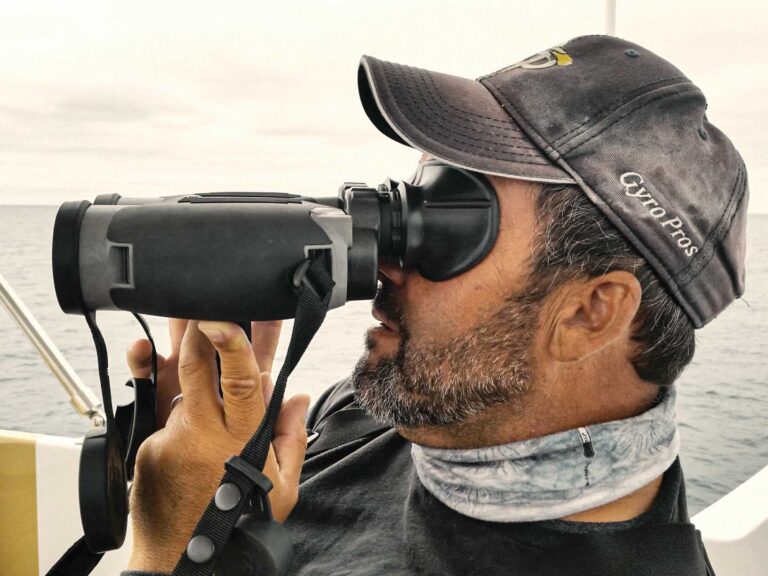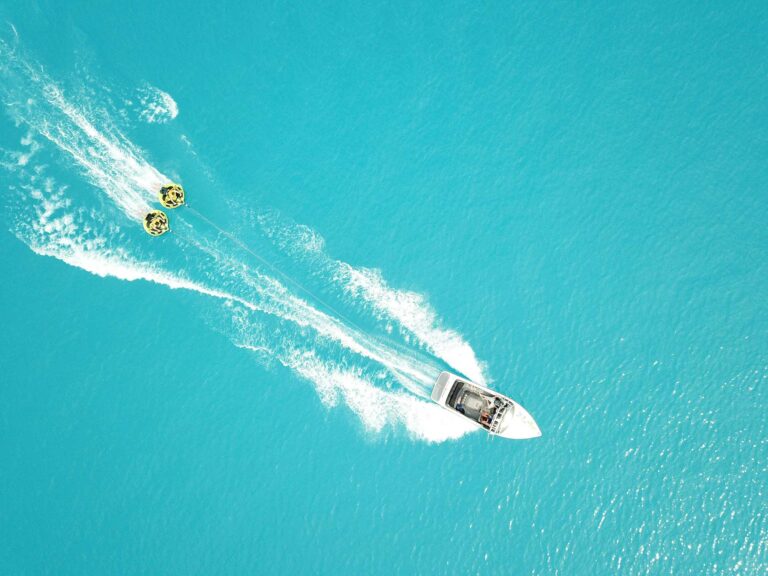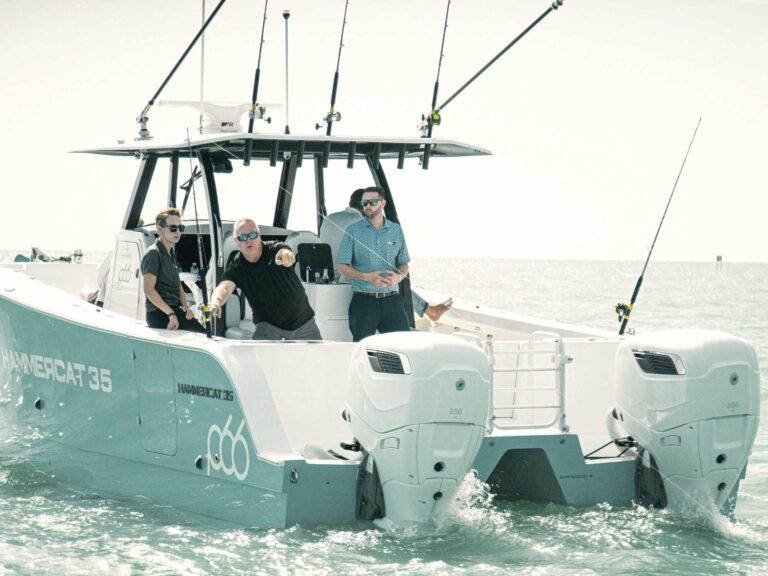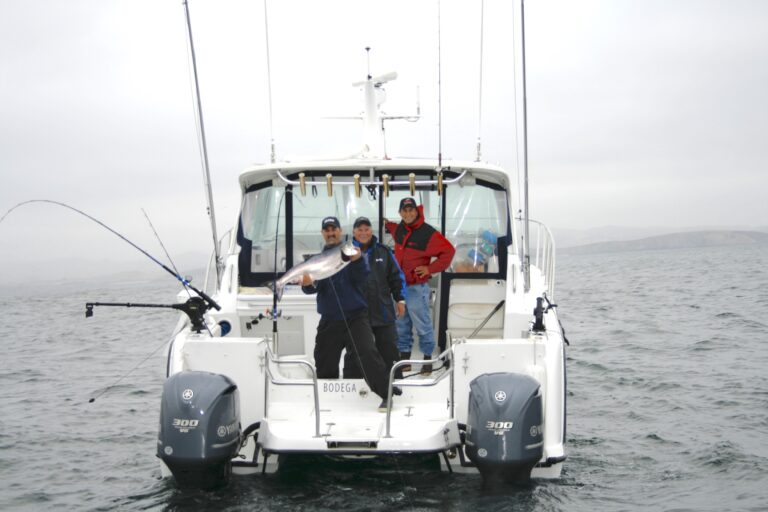_Alexandria, VA – _ Effective today, a ban on recreational and commercial fishing for deep water snapper-grouper in depths greater than 240 feet in the South Atlantic is no longer in effect. Since going into effect on January 31, 2011, this closure had a significant economic impact on businesses throughout the South Atlantic region. Over the past two years, the American Sportfishing Association (ASA) and several of its individual members impacted by the ban, made it known to the South Atlantic Fishery Management Council and the National Oceanic and Atmospheric Administration’s National Marine Fisheries Service (NOAA Fisheries) that the deep water recreational fishing ban was having a severe economic impact and strongly urged federal managers to lift the ban.
The 240 foot closure was put in place to reduce bycatch of speckled hind and warsaw grouper, two species subject to overfishing. After taking into consideration the high economic cost of the ban to the sportfishing industry, and a new analysis of fisheries data, the South Atlantic Council determined that the ban was not necessary to achieve the goal of ending overfishing for speckled hind and warsaw grouper.
“The deep water snapper-grouper ban demonstrated the severe impacts that can result from faulty science and inadequate consideration of socioeconomics,” said Mike Leonard, ASA’s Ocean Resource Policy director. “Thankfully, the South Atlantic Council and NOAA Fisheries acknowledged the severity of this ban and are now contemplating other, less restrictive measures to address overfishing issues without closing off a massive area of the ocean to fishing.”
The South Atlantic Council is currently exploring different management measures to effectively address overfishing of speckled hind and warsaw grouper at a lesser cost to the sportfishing community. The amendment, which is under development, considers additional measures to reduce bycatch of these two species, including the expansion of existing, and the establishment of new, closed areas.
“It is unfortunate that the South Atlantic Council originally felt it had to take such drastic measures that resulted in lost jobs and undue economic hardship,” said Ken Haddad, ASA’s Marine Fisheries advisor. “Anglers and the industry are willing to make sacrifices for the betterment of fisheries resources, but these decisions must be based on solid science with an aim towards reducing negative economic impacts. We look forward to working with the South Atlantic Council and NOAA Fisheries to explore other options to rebuild fisheries while still allowing reasonable access to the fisheries we depend on.”
—Source: American Sportfishing Association









